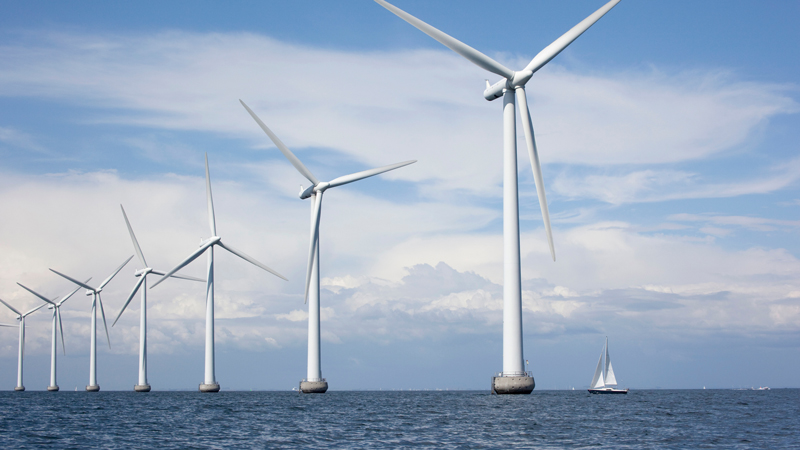It is time to change negotiation tactics
Donald Trump once again dominated the headlines last week. After refusing to sign a common statement of intentions with other leaders at the G7 summit, he went on to insult Canadian Prime minister Justin Trudeau via his favorite means of communication (Twitter), imposed trade tariffs on Chinese imports and raised the prospect of imposing tariffs on European car imports should Europe not remove its trade barriers against US imports.
For all his flaws as President of the United States, Donald Trump is however correct in addressing the issue of trade policies:
- As mentioned in past weeklies, many of the current trade agreements were negotiated over 20 years ago, when many emerging market economies where far less developed than they are now. It is hence normal to renegotiate these agreements as the gap between developed and emerging economies has been significantly reduced over the past two decades.
- It is important to keep in mind that the US economy is the most open large economy in the world. This is especially true when compared to China but also – albeit to a lesser extent – when compared to Japan and the EU. Specifically in China, foreign companies can only get market access via joint ventures with local partners, who get deep insights into their technology and processes. In addition, foreign companies are not permitted to buy Chinese companies. On the other hand, Chinese companies are able to get full access to US and European markets and, until recently, buy US and European companies without restrictions.
- It is important that trade is being discussed now, while western economies still carry enough weight in the negotiations. This weight is decreasing as China is rapidly advancing to become the world’s dominant economy. That Donald Trump has triggered the debate could ultimately also help European companies if they get better access to the world’s second largest economy as a result. Ultimately, if Trump were to succeed in creating a “level playing field” with other trading partners and convince them to open their economies further, then he would provide a strong boost for global trade.
Nevertheless, Trump’s methods are wrong. As many military historians will be eager to point out, there is a danger in fighting on too many fronts simultaneously. It would be better if Trump chose his battles by order of priority and rallied other Western leaders to win the most important one: improving access to the Chinese economy and creating a “level playing field” with China.
All the other trade discussions with Canada, Mexico and the EU play a subordinated role compared to the one with China and can therefore be held at a later stage. By isolating himself from other G7 leaders, Trump is only weakening his negotiation position versus China. It is time to reassess this strategy.
The CIO weekly thoughts focus and reflect on key topics, which caught Lars Kalbreier's mind during the week. It is more a free expression of thoughts to trigger healthy debates amongst the readership and by no means intended to be a strategy review.









